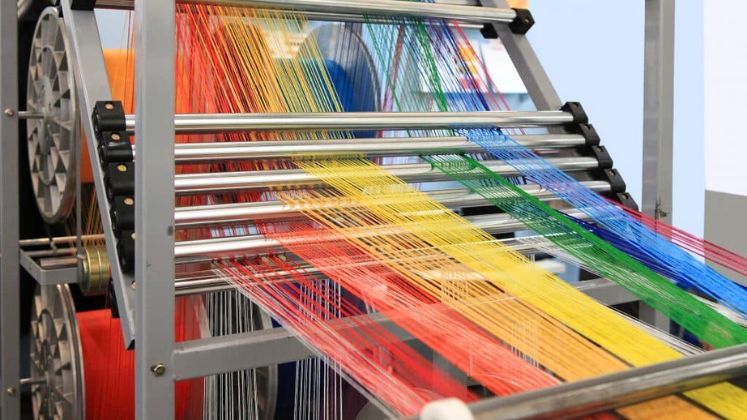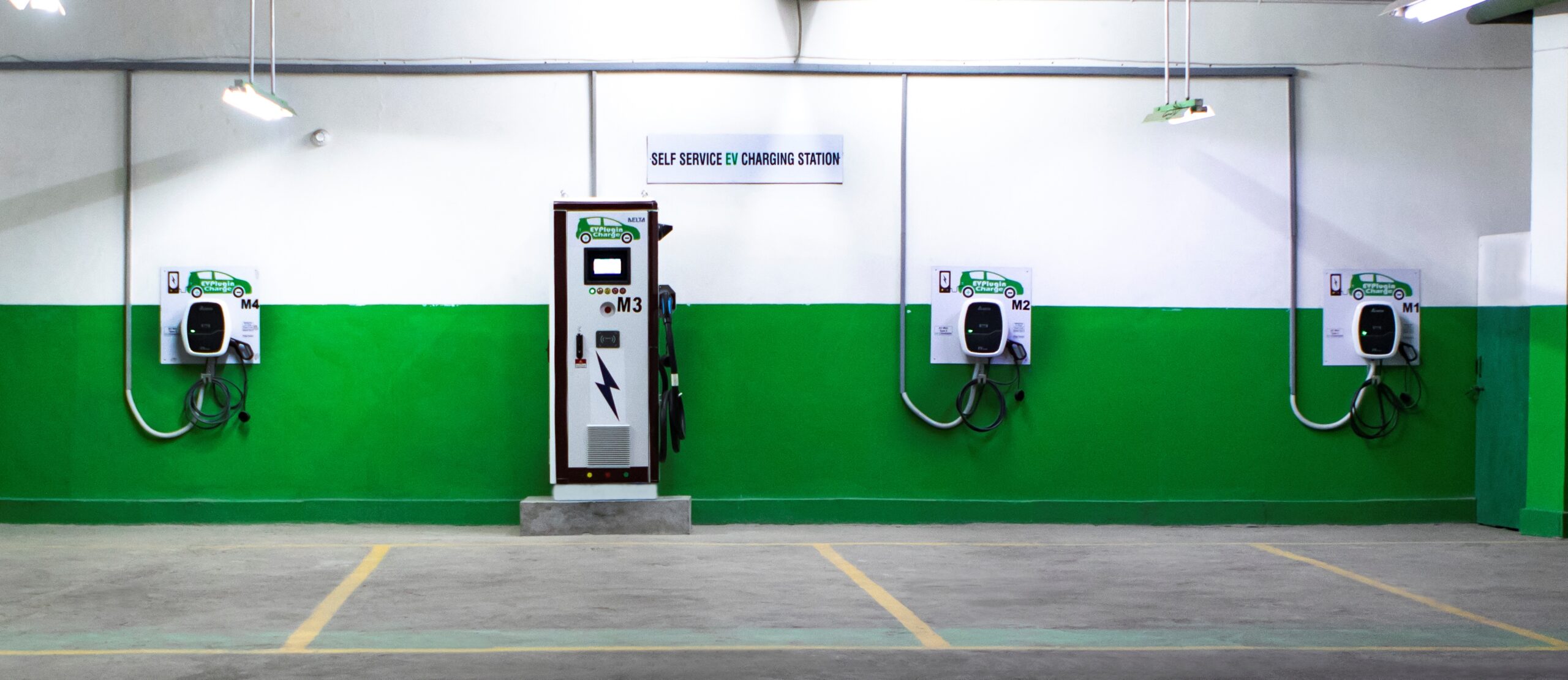Downstream synthetic textile manufacturers are pressing the Government to lift Quality Control Orders (QCOs) on man-made fibres (MMF), claiming that these orders have made it harder for the MMF supply chain to compete by limiting access to reasonably priced and specialist raw materials.
Representatives from the textile industry claim that QCOs on polyester and viscose inputs have significantly slowed down production capacity and caused balance sheets to turn red, adding to the industry’s problems already caused by weak domestic demand, declining exports, and an undeveloped raw material value chain.
Industry participants state that after QCOs were implemented on these inputs early in the fiscal year, the market prices of Polyester Staple Fibre (PSF) and Viscose Staple Fibre (VSF) surged in FY ’24. To sell products covered by a QCO in India, foreign exporters are required to secure certification from the Bureau of Indian Standards (BIS). Its goal is to reduce the amount of subpar goods imported into the nation.
Industry participants claim that BIS has been highly selective about which foreign exporters it certifies under the PSF and VSF QCOs. For example, China and Thailand accounted for 65 per cent of PSF imports in 2022–2023. Along with just three Thai plants—two of which are owned by Indorama Ventures, which also produces PSF in India—the BIS has not certified any Chinese operations. In a similar vein, although Indonesia and Singapore accounted for 50 per cent of VSF imports in FY ’23, neither nation’s business holds a BIS certification. Furthermore, just three overseas VSF units—all owned by Lenzing AG—in Austria and the United Kingdom have received certification from the BIS. Lenzing’s Indonesian factory has not yet received certification, though.
According to official trade data, PSF imports decreased by 43 per cent in FY ’24 to Rs. 520 crore from Rs. 917 crore in FY ’23. In a similar vein, VSF imports fell by 65 per cent over that time, from Rs. 2,033 crore to Rs. 710 crore. Reducing imports of VSF and PSF has made downstream consumers—such as knitters, weavers, and spinners—more dependent on domestic fibre sources.


